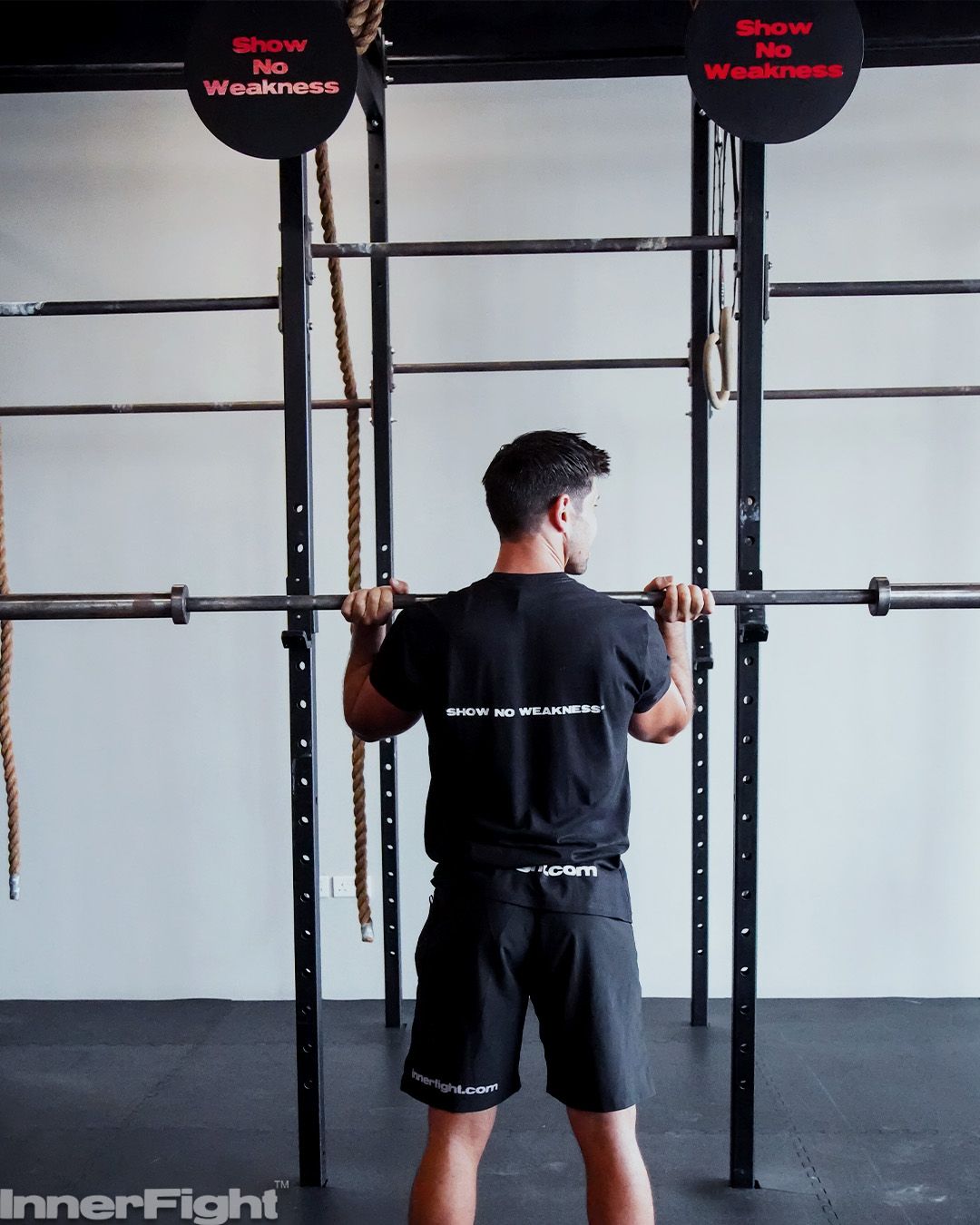The Truth About Recovery Methods
.avif)
Recovery methods are a hot topic in fitness circles. From ice baths to red light therapy, everyone seems to have a favourite method. But are these recovery methods really worth the hype?
I find the whole narrative around recovery fascinating. Lots of people want to talk about what they are doing for their recovery. Whether it's ice baths, sauna, contrast therapy, red light therapy, cupping, massage, foam rolling, cryotherapy, compression boots, chiropractic adjustment, acupuncture, active recovery, massage guns.
Even as I wrote that list, I was amazed how many things I could name, and also how new most are and how popular they have become in recent years.
The Pillars of Recovery
It's quite interesting that these things make people/brands loads of money (but that's not where I'm going with this). Every single one of those has limited value when stacked up against the pillars of sleeping enough, eating appropriately and training appropriately.
Those simple (I didn't say easy by the way) things are the key to being able to train hard and train frequently and ina manner that gets you continuing progress toward a goal, which is why we are all here isn't it?
The Stress Bucket Analogy
Probably the best way to look at all this is to look at the idea of the stress bucket. The bucket constantly has water being poured into it (whether that be stress from life or from training) and at the same time it has a tap letting it out (this is our body naturally recovering healing, resting and adapting to what we have done).
We need some stress to get create adaptations to make us get stronger, fitter, faster, more resilient. A lack of stress leaves people with weak bones/joints and susceptible to a multitude of health conditions, especially in later life.
The Limitations of Recovery Methods
If we go back to our huge list of recovery protocols, all of them provide some help with managing the stress bucket.
In the grand scheme of things these recovery options are all equivalent to bailing your bucket with a thimble.Regardless of the effort the outcome of recovery work can only go so far. So, is your effort with the thimble worth it? Especially the case when you could instead apply that effort to maybe getting more sleep, appropriate food and training at an intensity you can handle.
Focus on the Basics
Addressing those things out will have the effect of putting a wider tap on the bottom of the bucket. You derive a huge passive benefit from them, and you eliminate the need and effort required to engage in any of the active strategy's listed above.

This is the nature of the beast, we all have personal bias, and with that we shouldn't dismiss the power of placebo, but consider that for the most part all these recovery methods are very new, whilst the simple boring stuff is how every animal on the planet including us has "recovered"for all of time.
Personal Experience
I also write this from a place of having tried pretty much all of them in some form or another. In the end, after nearly 20 years of lifting weights and training, I actually found that I was getting stressed faffing about worrying over my recovery. I was trying to fit all these extras things in, compared with just getting my head down for a nap, enjoying preparing and eating good food and making sure I train at an intensity and in a manner where I feel pretty good to go again the next day.
Simplifying Recovery
This is how I look at recovery these days, I try not to overthink it. Sleep as much as you can, eat pretty well and when it comes to training push relatively hard consistently. If you have overdone it, dial back training for a bit.
Final Thoughts
So where does this leave us? My advice would be, don't major in the minors. If you really think something benefits you, fine have at it, but don't stress yourself out over it and remember that it's ok to be a bit beaten up and not recovered because you have to crack a few eggs to make the omelette.
Fun - HONESTY - Simplicity - Smash Life - Hard Work



.avif)


.jpg)
.avif)

.jpg)
.jpg)
.avif)
